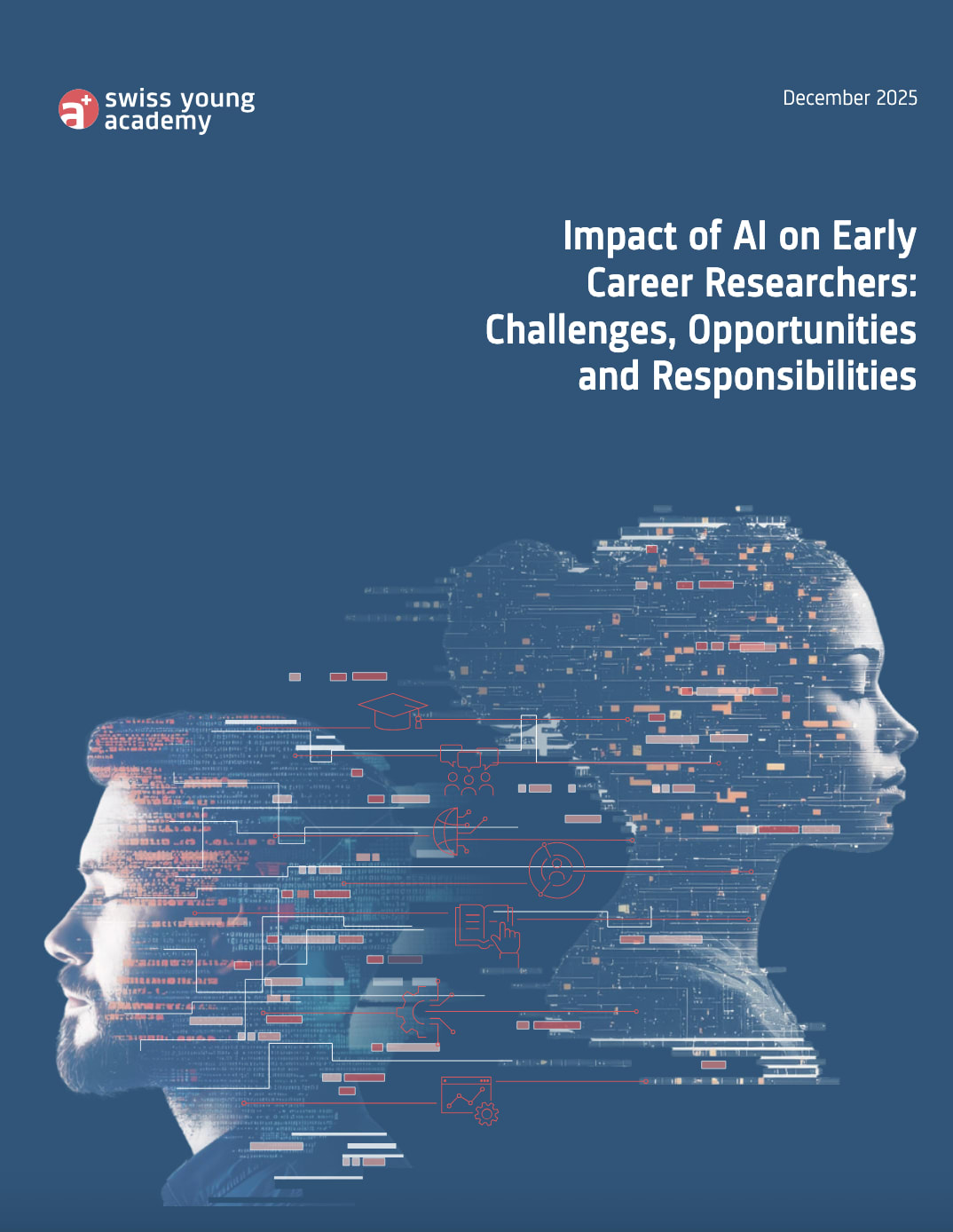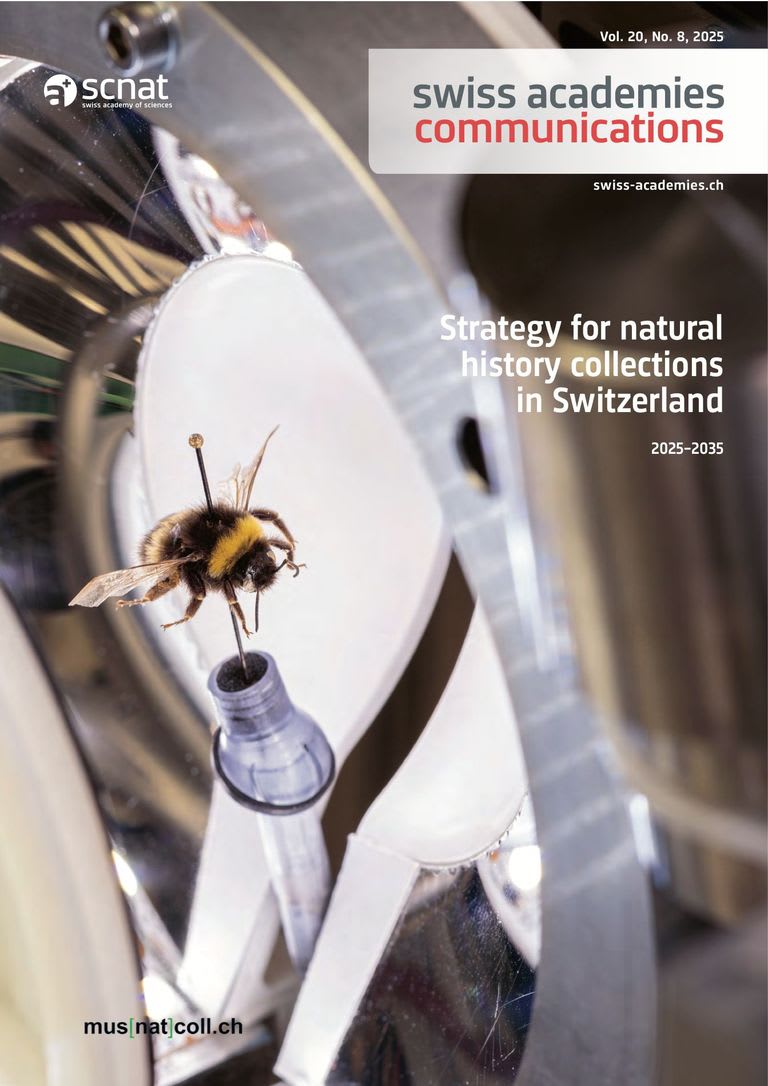Swiss Academy of Medical Sciences SAMS
Translating academic discovery to patients' benefit: is academia ready to assume its key role?
SWISS ACADEMIES COMMUNICATIONS, VOL. 14. NO 1, 2019
Academia does not translate research results into new medical therapies optimally, despite the huge resources invested in biomedical research. The difficulties of ensuring progression of basic scientific knowledge to patient benefit, and how to overcome the identified roadblocks are discussed in the following publication: «Translating academic discovery to patients’ benefit: is academia ready to assume its key role?».
The report published by the SAMS in the «swiss academies communications» series shows that academia has a key role to play in translational medicine, but is still insufficiently prepared to engage in a process that is arduous and risky, requires substantial funding, in-depth drug development knowledge, appropriate structures, and long development timelines. The report identifies important opportunities for improvement.
Ogier R, Knecht W, Schwab ME (2019) Translating academic discovery to patients’ benefit: is academia ready to assume its key role? Swiss Academies Communications 14 (1).




